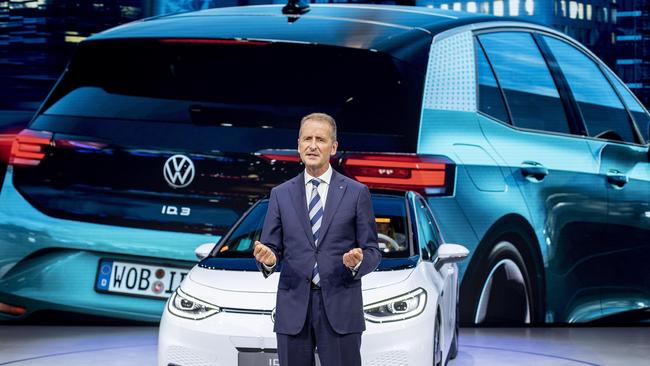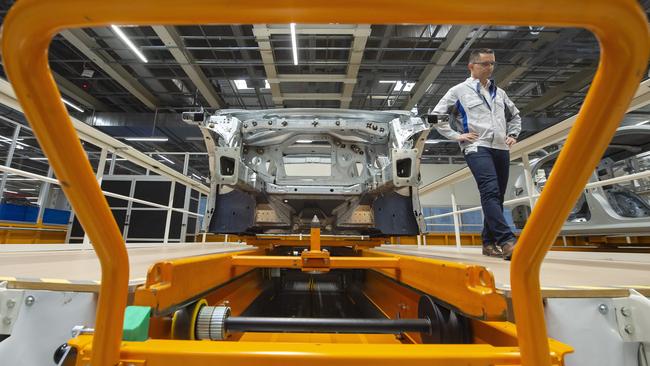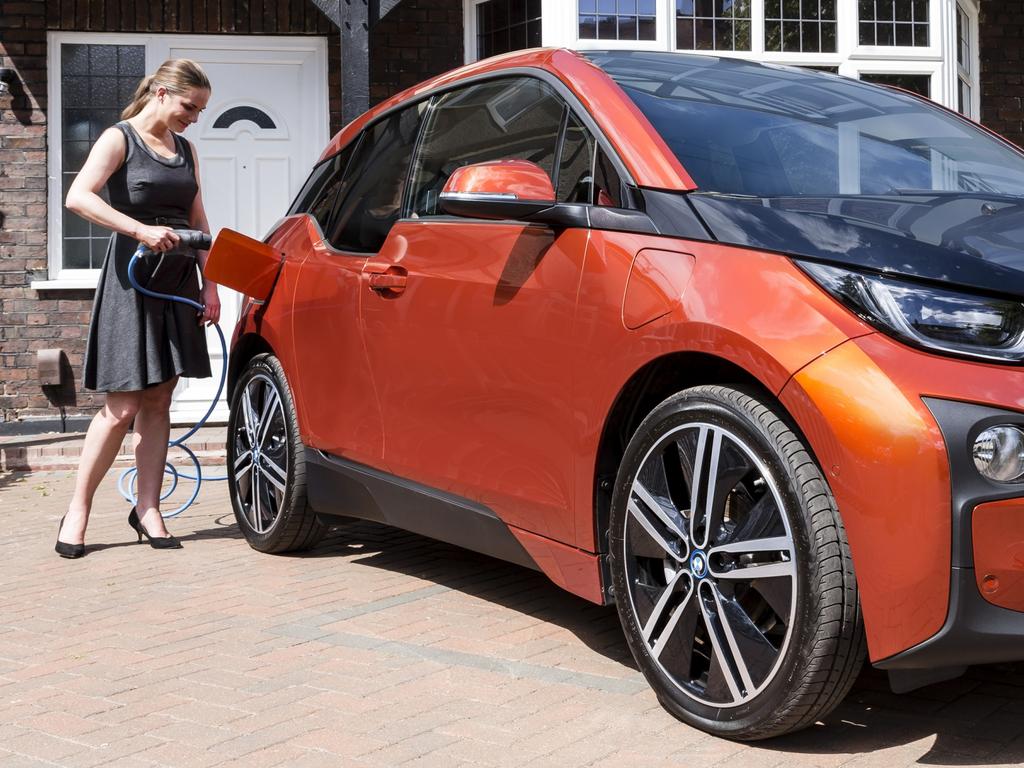
But at this week’s Frankfurt motor show the world’s largest motor maker, Volkswagen, made it very clear that it believes that the way the world propels cars is going to undergo rapid change.
We are going electric in the next decade. In two decades electric cars will outsell petrol and diesel driven cars.
Last year Volkswagen took the mantle of the world’s largest vehicle maker from Toyota. The Japanese car maker is much more cautious than VW and is planning a line-up of hydrogen fuel cell vehicles and hybrids, as well as full electric vehicles.
BMW has a similar strategy and plans to engineer vehicles so they can be built as gasoline, hybrid or plug-in hybrid, or fully electric, depending on market demands.
Volkswagen, by contrast, has made a clear call.
And for Volkswagen the change in direction is ironic because all its recent efforts have been directed towards reducing emissions from diesel vehicles following the dramatic recall of cars because of an emissions “cheating” scandal.
But falling battery costs, pressure from regulators and generous government subsidies have combined to change the game—at least in the eyes of Volkswagen.
The fall in battery prices is not only making electric cars competitive to petrol and diesel-driven vehicles, but emissions reduction clamps in Europe, China and parts of the US are proving very costly to meet.
China is the world’s largest market for electric cars, and requires carmakers to make clean vehicles or purchase carbon credits.
Volkswagen owns the Bugatti, Porsche, Skoda, Lamborghini and SEAT brands. All will be releasing electric cars.
At the Frankfurt show not only did VW link its future to electric vehicles, but announced a radical transformation in the group that is unparalleled since World War II.
VW is spending €30 billion over the next five years to make an electric or hybrid version of every vehicle in its line-up, and it plans to launch 70 new electric models by 2028. By the end of 2030, it wants four of every 10 cars it sells to be electric.
In the US General Motors and Ford have also sniffed a change in direction.
General Motors has been an electric car laggard and has two very public failures because it moved too early.
But last weekend, on the eve of the Frankfurt car show, General Motors announced that arguably its best brand, Cadillac, will become the group’s leading electric vehicle brand. The first model will feature GM’s all-new battery electric vehicle architecture, which will underpin a “family of profitable EVs”, the company announced.
Ford has released the first pictures of the Mustang-inspired prototype for its upcoming first car built to be electric from the ground up.
Last year, Ford said that it was going “all-in” on EVs following Jim Hackett’s appointment as CEO.
Hackett formed a new internal group called “team Edison” to develop electric car programs and shifted one third of internal combustion engines investment to electric vehicles.
The Volkswagen thrust and the GM announcement will cause Ford to consider increasing its electric car investment.
The big advantage of electric vehicles is that electric motors are small and can be placed near the wheels, while the big and heavy battery packs can be shaped to fit down in the floor.
Accordingly, it makes it easier to create different body styles using the same basic engineering. Obviously it’s more cost-effective to develop new vehicles when much of the engineering is shared across multiple models.

The simplicity of electric drive - just batteries, cables and small electric motors with a fraction of the moving parts of a gasoline car - compounds that advantage.
The disadvantage is that current technology limits the distance a car can travel before a recharge. That makes it fine for city travel but not as convenient as petrol and diesel for long journeys.
Assuming VW is right then with that swing to electric vehicles there will be a huge revolution in the motor industry, transforming petrol stations and vehicle maintenance. And the demand for electricity will skyrocket.
But of course Toyota may be right and technology will move in a different direction. In which case Volkswagen will no longer be the world’s number one car maker.





The cylinder-driven car has dominated mass automotive driving since the Model T Ford.